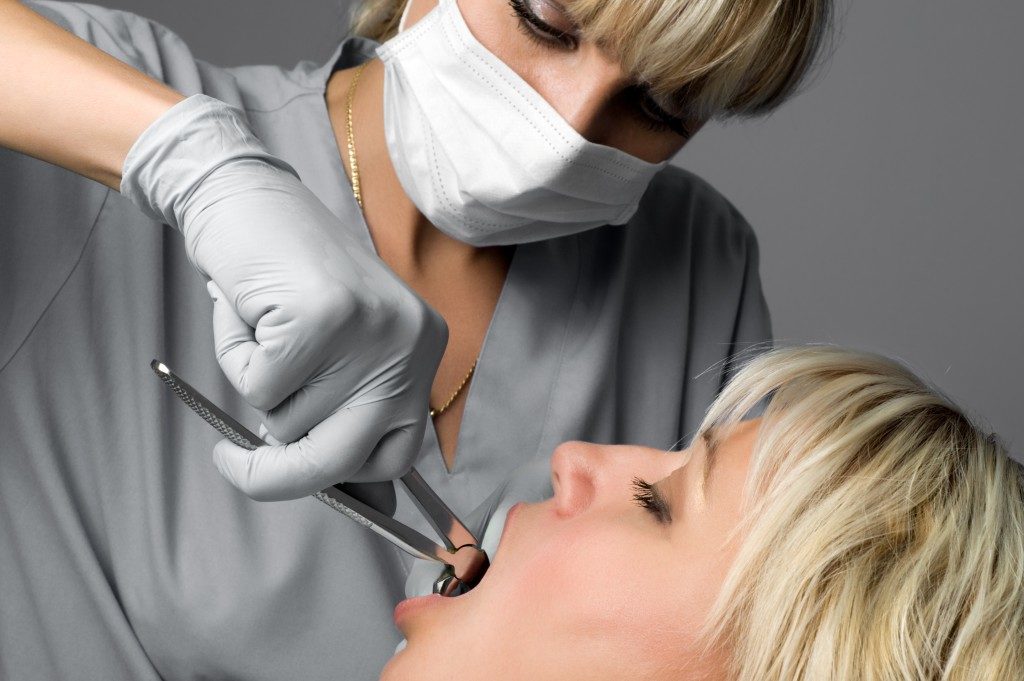Just like different aspects of life, the mouth undergoes various changes as we age. But the health of our mouth is essential, and we need to monitor it. We need more than brushing and flossing regularly, but also scheduling an annual visit to your family dentist in Longmont, Colorado. Your family dentist is qualified to identify problems and recommend appropriate treatment. Below, we review some of the reasons why they may recommend a tooth extraction.
Infection
When a tooth starts decaying, the problem could spread to the tooth pulp, which is made of connective tissues and cells. This infection can then easily spread to other teeth. There are different treatments for decaying teeth. In most cases, a root canal is recommended. However, where there is extensive damage, and a root canal can’t help, an extraction is recommended.
Removal prevents the infection from spreading. Also, in patients with weak immune systems, the dentist could recommend the extraction of broken or cracked teeth to minimize the risk of infections and protect their oral health.
Space Limitations
Overcrowding occurs when teeth are too large to fit in the mouth. When it happens, it becomes hard for other teeth to grow properly. A dentist will recommend extraction to give room for the developing teeth. Impaction, on the other hand, occurs when growing teeth shift into the wrong position. As a result, they are blocked from erupting.
At times, though, a tooth may only be partially impacted resulting in the tooth erupting in an awkward angle. This anomaly resulting from space insufficiency renders the affected teeth dysfunctional and painful at times. The partially impacted teeth are also at high risk of developing cavities, infections and decay. Extraction can be done to solve these issues.
Orthodontic Procedures

Some cosmetic procedures may require the removal of problematic teeth. Before fitting any oral devices meant to move teeth into their space or align them properly, the dentist ha to remove any teeth that might interfere with the results. This way the devices will fit much better, and the procedure will achieve more fulfilling results.
Extensive Tooth Damage
Damaged teeth due to physical trauma could result in cracking, chipping, or broken teeth. Gum diseases such as periodontitis could lead to decay too. Sensitivity and permanent discoloration may also affect not only your self-esteem, but also your general health.
Wisdom Teeth Issues
Wisdom tooth, or third molars, could often cause dental problems because of the limited space for them. Since their positioning is far back at the sides of the mouth, they are hard to reach. This makes flossing and brushing them hard. In other instances, there isn’t enough room for them to grow into, leading to impaction. If their eruption comes with any of these problems, wisdom teeth removal is recommended as there is no real need for them.
Technological advancements in modern dentistry have seen a lot of changes in oral procedures. As a result, extractions are no longer as scary as they used to be. Having your tooth extracted when recommended will save you from pain, protect you from future oral issues, and restore your smile.
